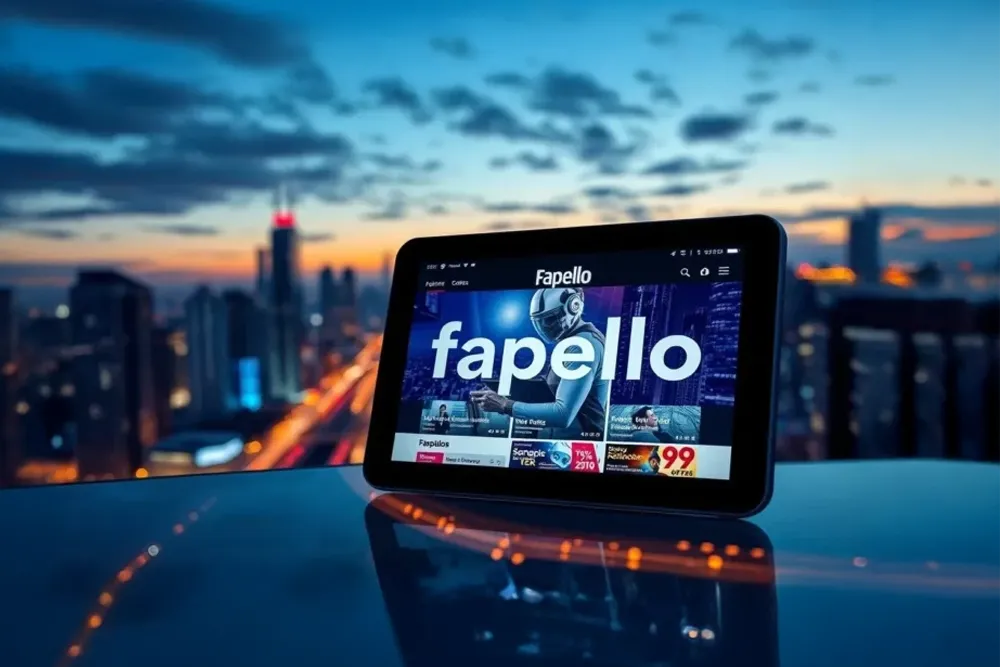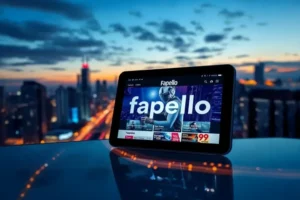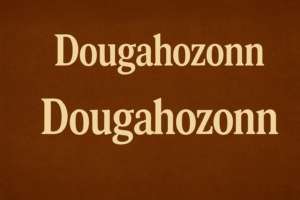Fesbuka: The meaning, Uses and the Overview
The internet has also been changing the way people interact, communicate and also create communities. All this is changing with various novelties of term and change of names familiar in various parts. One such term is fesbuka. Though it may sound strange, at least on the face of it, fesbuka can easily be translated into a regionalized version of calling Facebook, the global social media monopoly. It is the broader theme of internet connection and society and virtual life.
What is Fesbuka?
The most frequent word related to the global perspective of Fesbuka is the word fesbuka. Here, the international media is localized, and its identity is intaken by the local oration and culture.
Fesbuka is not a tongue twister but in fact, it symbolizes the way in which man engages with the digital world. It may be interpersonal interaction, commercial advertisement, or communal participation; fesbuka introduces the importance of the online platform to the contemporary society.
Key Features of Fesbuka
Like the mentioned platform, fesbuka is defined by its key attributes that render it so common:
- Social Networking -Connecting people, families, and workmates even to the other nations.
- Content Sharing – A center to share and update photos, video casts.
- Common interest /cause Community Building Groups, forums and pages.
- Business Promotion– Advertisement tools, interaction with customers and brand awareness.
The following features justify why fesbuka has become very fundamental in personal and professional life.
Practical Uses of Fesbuka
-
Personal Connections
Fesbuka allows users to stay in touch with friends and family, regardless of distance. From daily chats to life updates, it helps bridge the physical distance and keep relationships alive.
-
Education and Collaboration
Many teachers, students, and institutions use Fesbuka to share study materials, organize events, and create groups to foster peer learning. Online interactions help extend education beyond the classroom.
-
Business and Marketing
Fesbuka has become an essential business tool. Both small and large businesses use it to place targeted ads, communicate with customers, and build long-term brand loyalty. For startups, it offers a cost-effective platform to reach potential buyers.
-
Social Awareness and Activism
Communities and nonprofits use Fesbuka to raise awareness, promote causes, and organize campaigns. Its ability to quickly reach millions of people makes it a powerful tool for change.
Why Fesbuka Matters in the Digital Age
Fesbuka’s importance lies in its versatility and reach. It is important because:
- It connects people worldwide by breaking down communication barriers.
- It offers affordable digital marketing opportunities for businesses.
- It supports knowledge sharing and collaboration through groups and forums.
- It plays a role in social influence and awareness, amplifying voices globally.
Fesbuka reflects how technology shapes daily life, from informal conversations to professional opportunities.
Challenges Associated with Fesbuka
Despite its benefits, Fesbuka also faces several challenges:
- Privacy and security – concerns about how user data is collected and used.
- Disinformation – fake news and rumors can spread quickly.
- Overuse – spending too much time on social platforms can reduce productivity and affect mental well-being.
- Digital divide – not everyone has the same access to the internet, limiting who can fully benefit from platforms like Fesbuka.
These challenges emphasize the need for responsible and balanced use of Fesbuka.
Conclusion
Faceboca may seem like a simple variation of the word Fesbuka, but its meaning goes far beyond its spelling. It represents the influence of social media on modern communication, education, and business. Whether it’s for personal networking, promoting a brand, or driving social change, Facebook plays a central role in how people connect in today’s digital age. As technology evolves, Facebook will continue to symbolize global interaction, online communities, and the power of digital platforms. It’s not just a term—it’s part of how people engage, share, and grow in the modern world.












Post Comment